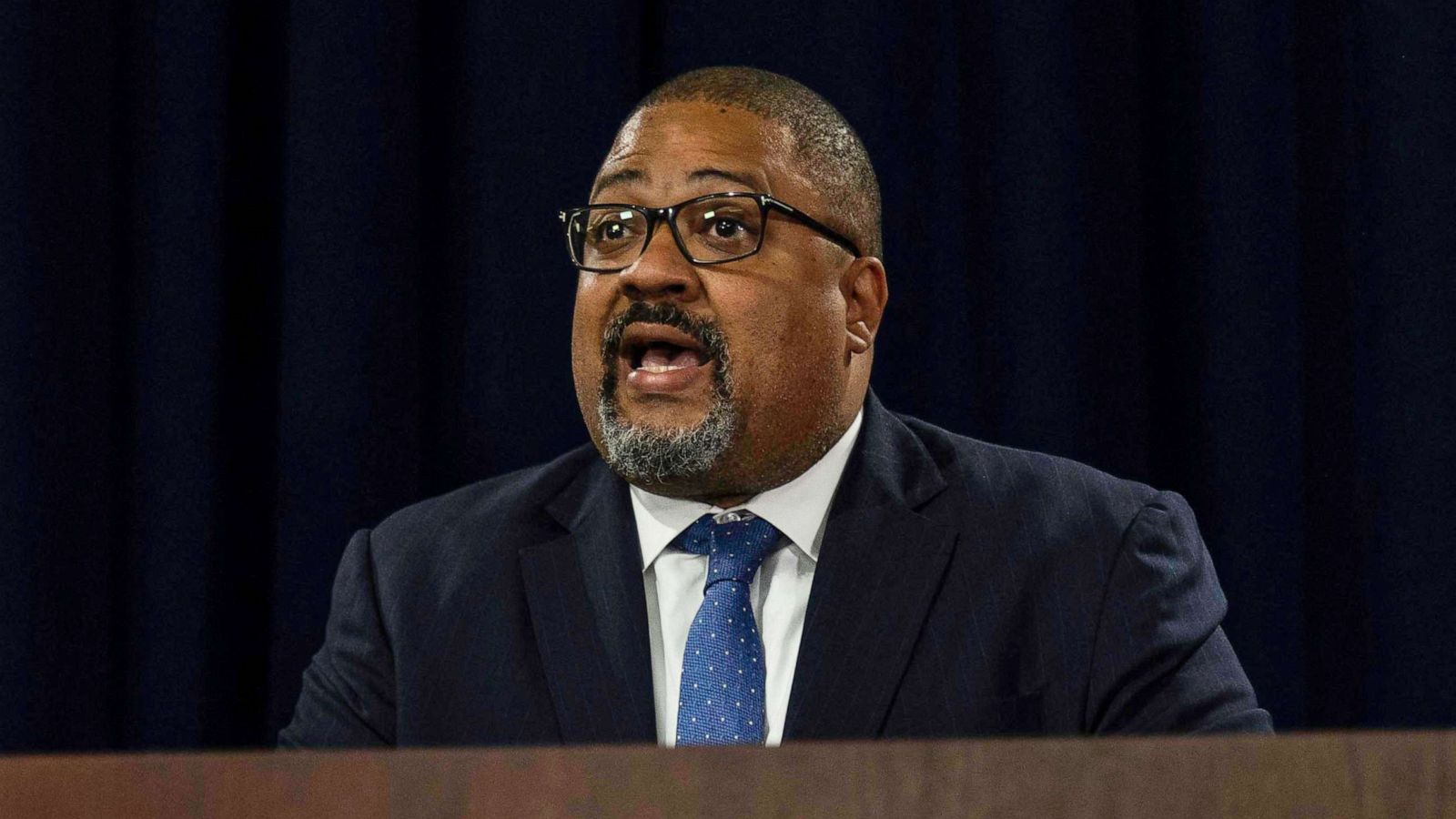Trump’s Legal Team Pushes for Dismissal of Manhattan DA’s Case, Citing Electoral Mandate
Donald Trump’s legal team has filed a motion for the immediate dismissal of the criminal case brought by Manhattan District Attorney Alvin Bragg. The case, which accuses Trump of falsifying business records in relation to a hush-money payment during the 2016 presidential campaign, is now at the center of a fierce legal battle following Trump’s re-election as President of the United States. His attorneys argue that the election results serve as a public mandate to override politically motivated prosecutions.
Allegations Against Trump
The case revolves around claims that Trump orchestrated a payment to adult film actress Stormy Daniels to prevent damaging information from surfacing during the 2016 campaign. Prosecutors allege that Trump falsified business records to disguise the payment as legal expenses, constituting a violation of New York law. Trump has consistently denied any wrongdoing and dismissed the case as a politically driven attack.
Trump’s Legal Team’s Argument
In their motion, Trump’s attorneys contended that the criminal charges are baseless and rooted in partisan motivations. They argue that the electorate’s decision to re-elect Trump reflects a broader rejection of these legal actions, emphasizing that voters knew of the allegations and still chose to support him.
The filing states:
“The American people have spoken. This election outcome supersedes the motivations behind this prosecution and underscores its lack of merit.”
Trump’s lawyers also stressed that continuing the case would undermine public trust in the judicial system, asserting that it sets a dangerous precedent for weaponizing the law against political figures.
Broader Implications of Trump’s Re-Election
Trump’s victory in the 2024 election introduces new complexities to the legal proceedings. As President-elect, Trump gains significant influence over federal appointments, including the Department of Justice, which oversees parallel investigations. Additionally, his return to office raises questions about presidential immunity and the extent to which state-level prosecutions can proceed against a sitting president.
Legal scholars suggest that while a sitting president is largely shielded from federal prosecution, state-level cases, such as the one brought by Bragg, may still progress. However, the political optics of pursuing such cases against a re-elected president could prove challenging.
DA’s Response and Legal Landscape
The Manhattan District Attorney’s office has not yet commented on the motion to dismiss. Legal analysts anticipate that the prosecution will argue that the rule of law must prevail irrespective of political outcomes. Prosecutors may also assert that the charges are narrowly focused on alleged violations of state law, independent of Trump’s federal role.
This case is one of several legal battles facing Trump. He is also under federal investigation for his handling of classified documents and his alleged role in the January 6, 2021, Capitol events. These overlapping legal challenges underscore the unprecedented nature of Trump’s legal and political trajectory.
Potential Outcomes
The court’s decision on the motion to dismiss could set a critical precedent. If the case is allowed to proceed, it may affirm the judiciary’s independence in high-profile cases. Conversely, if dismissed, it could bolster Trump’s argument that these legal actions are politically motivated.
Observers note that this case illustrates the complex intersection of law and politics, especially when involving a former and now re-elected president. The outcome will likely have profound implications for future legal proceedings involving high-ranking political figures.
Sources
- Fox News: “Trump lawyers demand Bragg case immediately dismissed, say election supersedes political motivations”
- The New York Post: “Lawfare versus Trump falls apart as he wins the presidency again”
- Wikipedia: “Prosecution of Donald Trump in New York”
- Reuters: “Legal experts discuss challenges in prosecuting a sitting president”
- Court Filings: Trump legal team’s motion to dismiss submitted on November 20, 2024.

